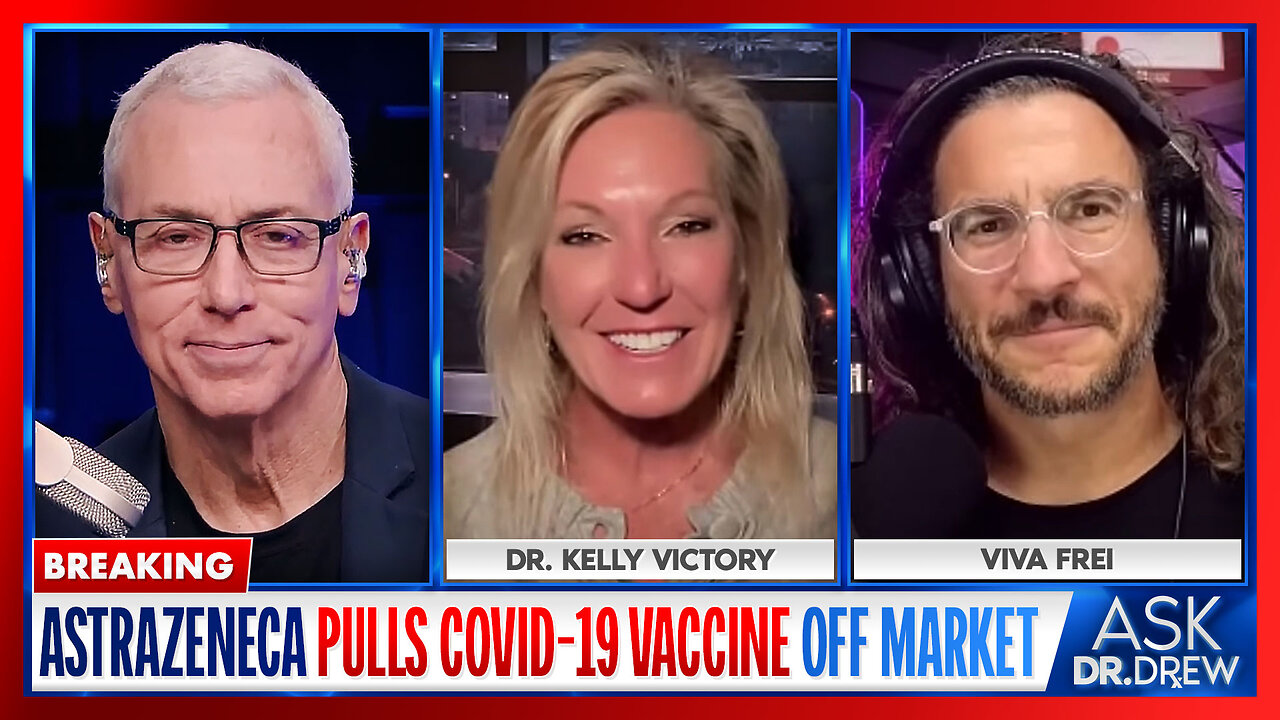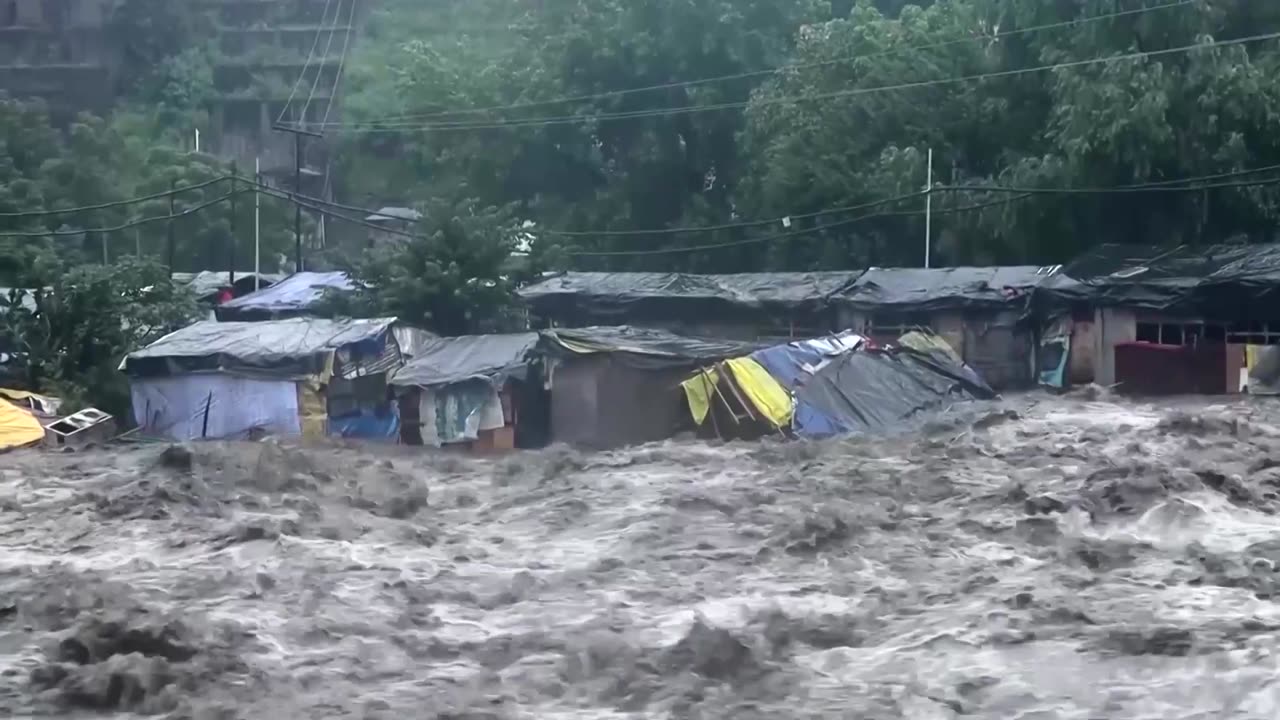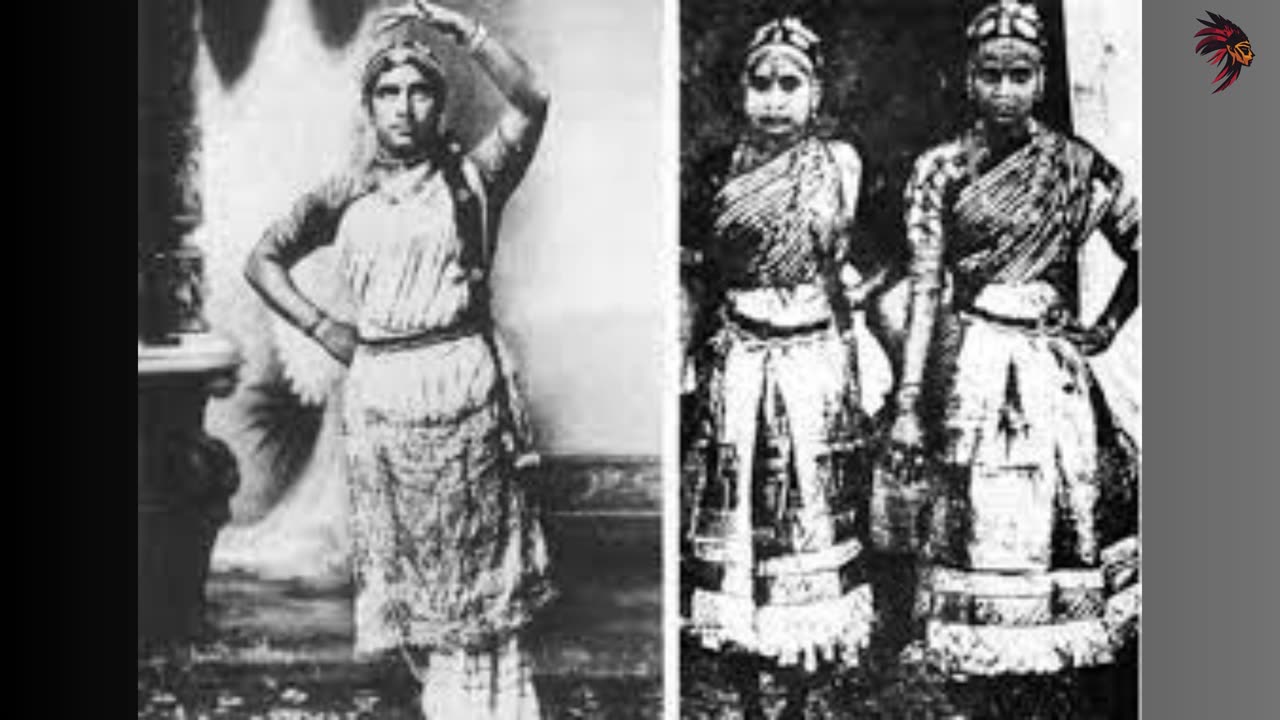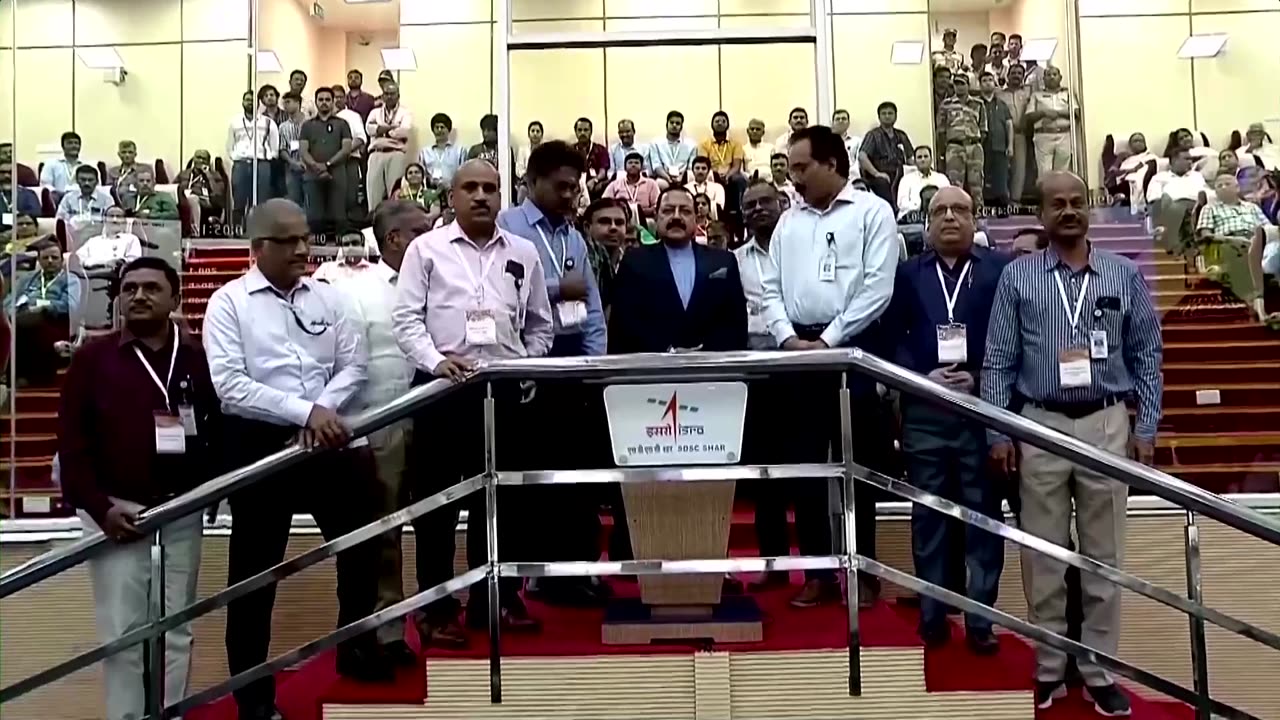Ivermectin, Mexico, Peru, India
Ivermectin and the odds of hospitalization due to COVID-19: evidence from a quasi-experimental analysis based on a public intervention in Mexico City https://osf.io/preprints/socarxiv/r93g4/ Case study: Policy intervention in Mexico City Increase in COVID-19 cases and with critical levels of hospital saturation during December 2020 Mexico City Government decided to expand population-based health Interventions Implementation of a prehospital home-care program Combining early detection with antigen tests 230 kiosks Phone-based follow up for positive patients Since 28 December, 2020, medical ivermectin kits have been provided to positive mild to moderate symptomatic patients Dyspnea, chest pain or cyanosis, referred to a hospital Ivermectin, four 6mg tablets, two pills for two days After one month, 83,000 medical kits delivered Detailed data was collected on the evolution of patient illnesses Quasi-experimental evaluation of the effects of the medical kits on hospitalization Kit receivers and non-kit receivers Matched observations, adjusting by age, sex, COVID severity, and comorbidities Controls, N = 156,468 patients with COVID-19 infection before implementing the ivermectin program Experimental group, n = 77,381 after the implementation Outcome variable: whether or not the person was hospitalized Results Negative and significant effect of the ivermectin-based medical kit on the probability of hospitalization Effect ranges from 50% to 76% Difference in hospitalization odds between treated and untreated patients, statistically significant in all cases As expected, the effect of the medical kits is higher and stronger among males, in older patients, and in cases without severe symptoms Discussion and limitations we found that the medical kit given en masse to patients who’d tested positive in Mexico City had a negative, significant, and robust effect on their odds of being hospitalized. Independently of the medical telephone follow, level of hospital occupancy, specific period of time Similar trend, Perú (Chamie-Quintero Et Al, 2021). Principal mechanisms, reduction of viral load, in the patients that take ivermectin in early stages of the disease Chamie-Quintero Et Al, 2021, Peru https://osf.io/9egh4 25 states of Peru Grouped by extent of IVM distributions Maximal, medium, minimal Reductions in excess deaths (30 days after peak deaths) maximal, 74% medium, 53% minimal, 25% Reduction of excess deaths is correlated with extent of IVM distribution by state p less than 0.002 This strongly suggests that IVM treatments can likewise effectively complement immunizations to help eradicate COVID-19. The indicated biological mechanism of IVM, competitive binding with SARS-CoV-2 spike protein, is likely non-epitope specific, possibly yielding full efficacy against emerging viral mutant strains. Uttar Pradesh https://indianexpress.com/article/cities/lucknow/uttar-pradesh-government-says-ivermectin-helped-to-keep-deaths-low-7311786/ Uttar Pradesh government, first to have introduced a large-scale “prophylactic and therapeutic” use of Ivermectin Helped the state to maintain a lower fatality and positivity rate as compared to other states Health Department introduced Ivermectin as prophylaxis for close contacts of Covid patients, August 6, 2020 Agra, Dr Anshul Pareek and State Surveillance Officer Vikssendu Agrawal Administered Ivermectin to all RRT team members in Agra None of them developed Covid-19 Despite being in daily contact Despite being the state with the largest population base and a high population density, we have maintained a relatively low positivity rate and cases per million of population Lower positivity and fatality rates may be attributed to the large-scale use of Ivermectin use UP

















































